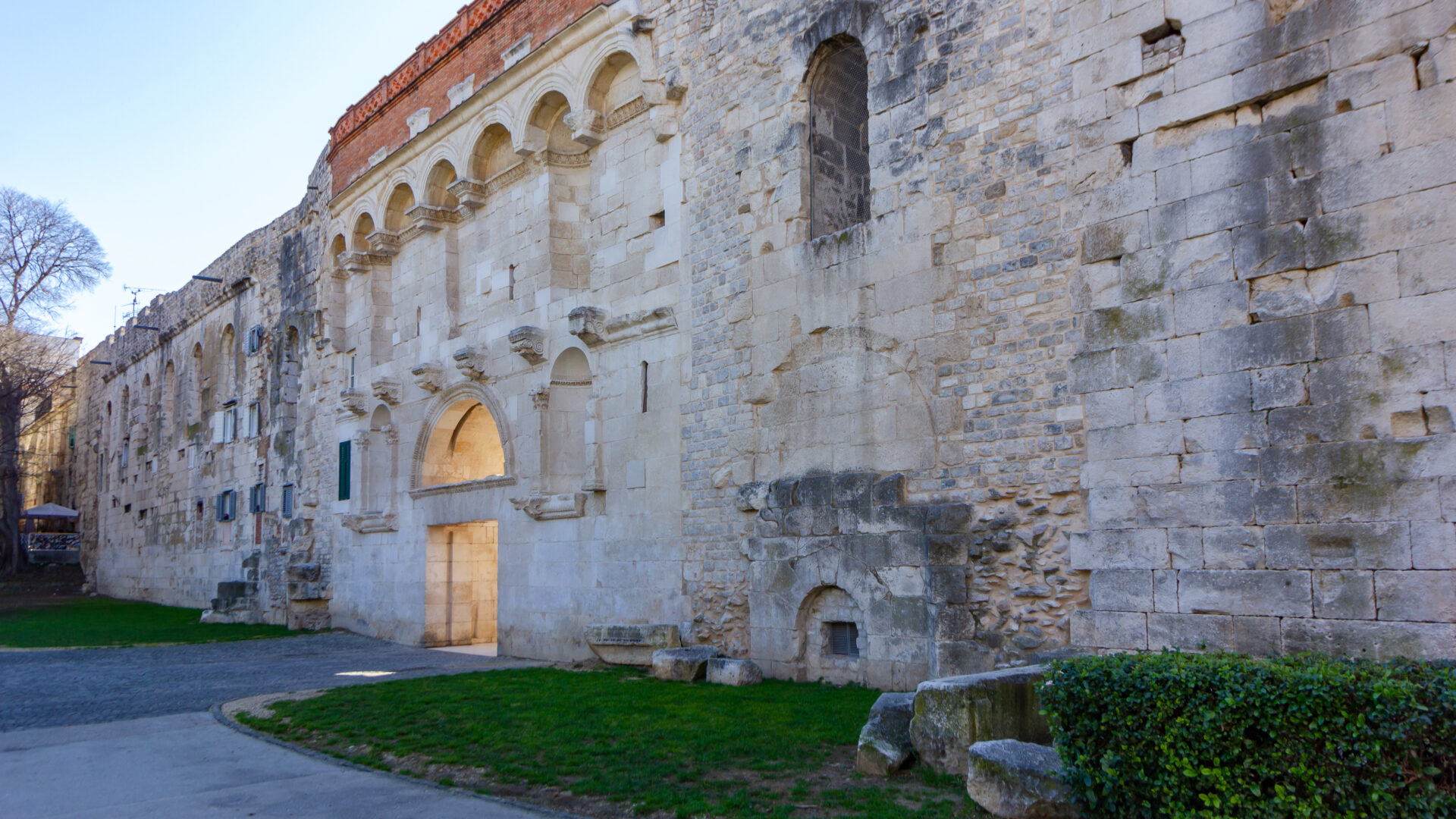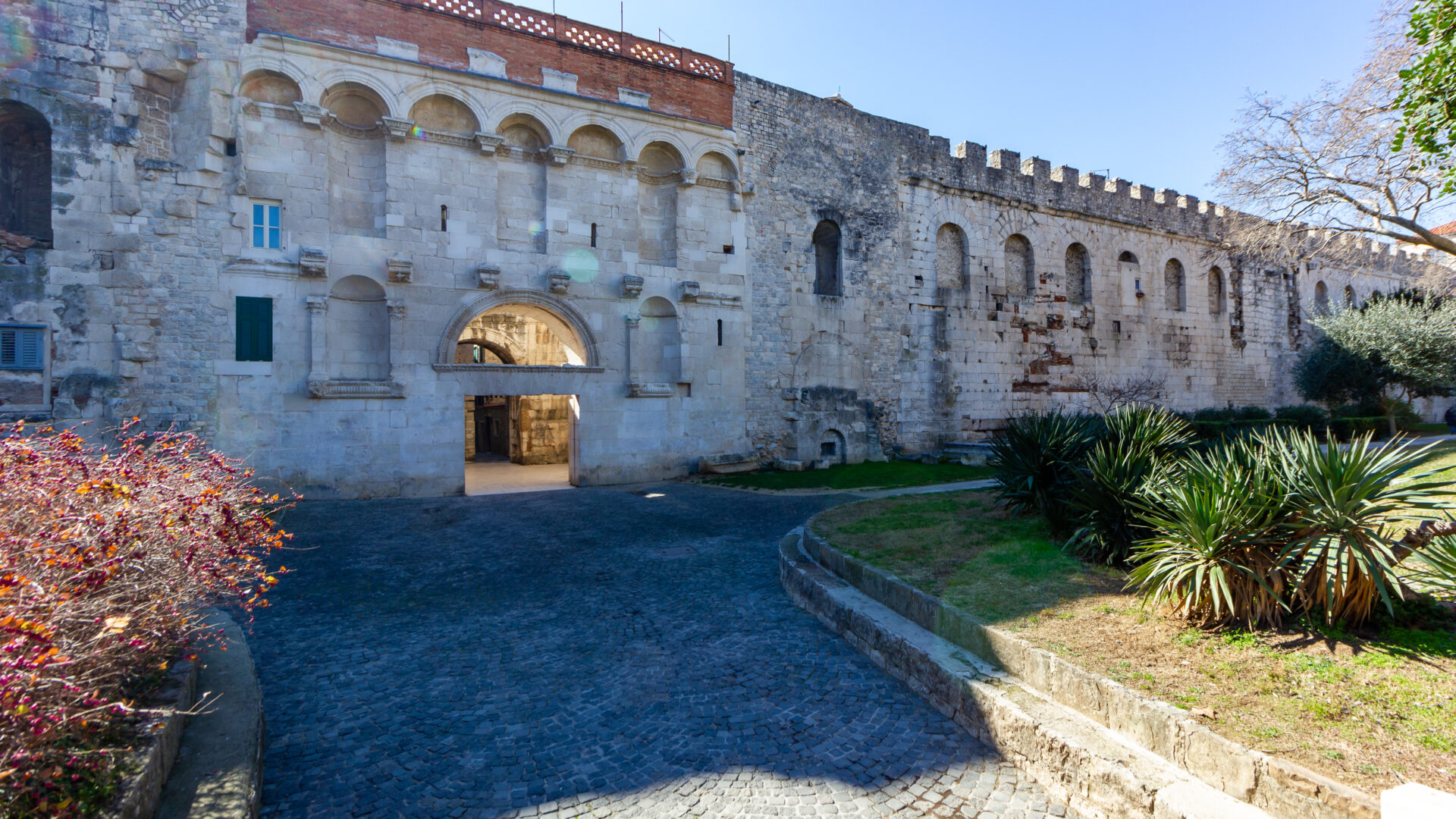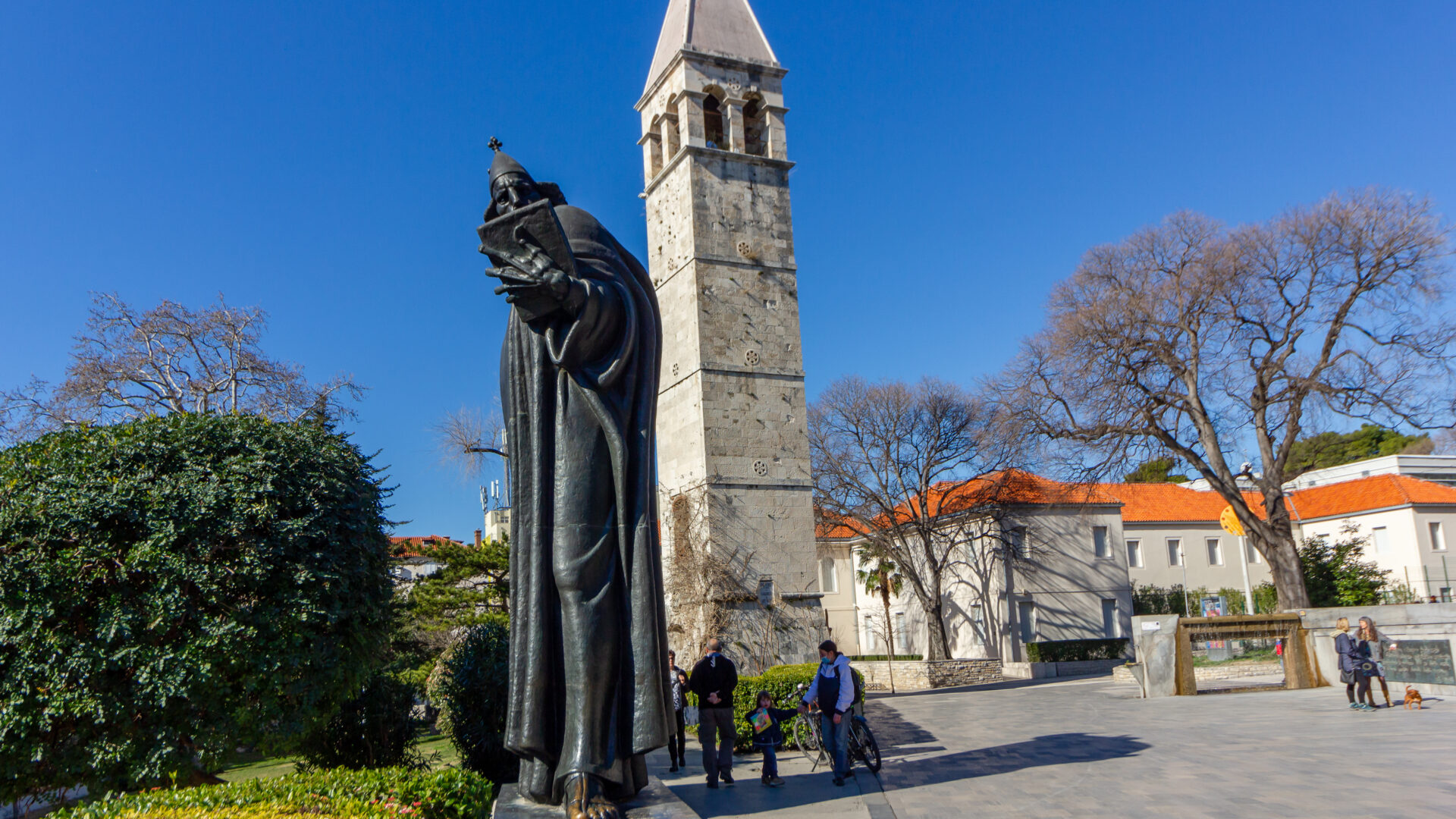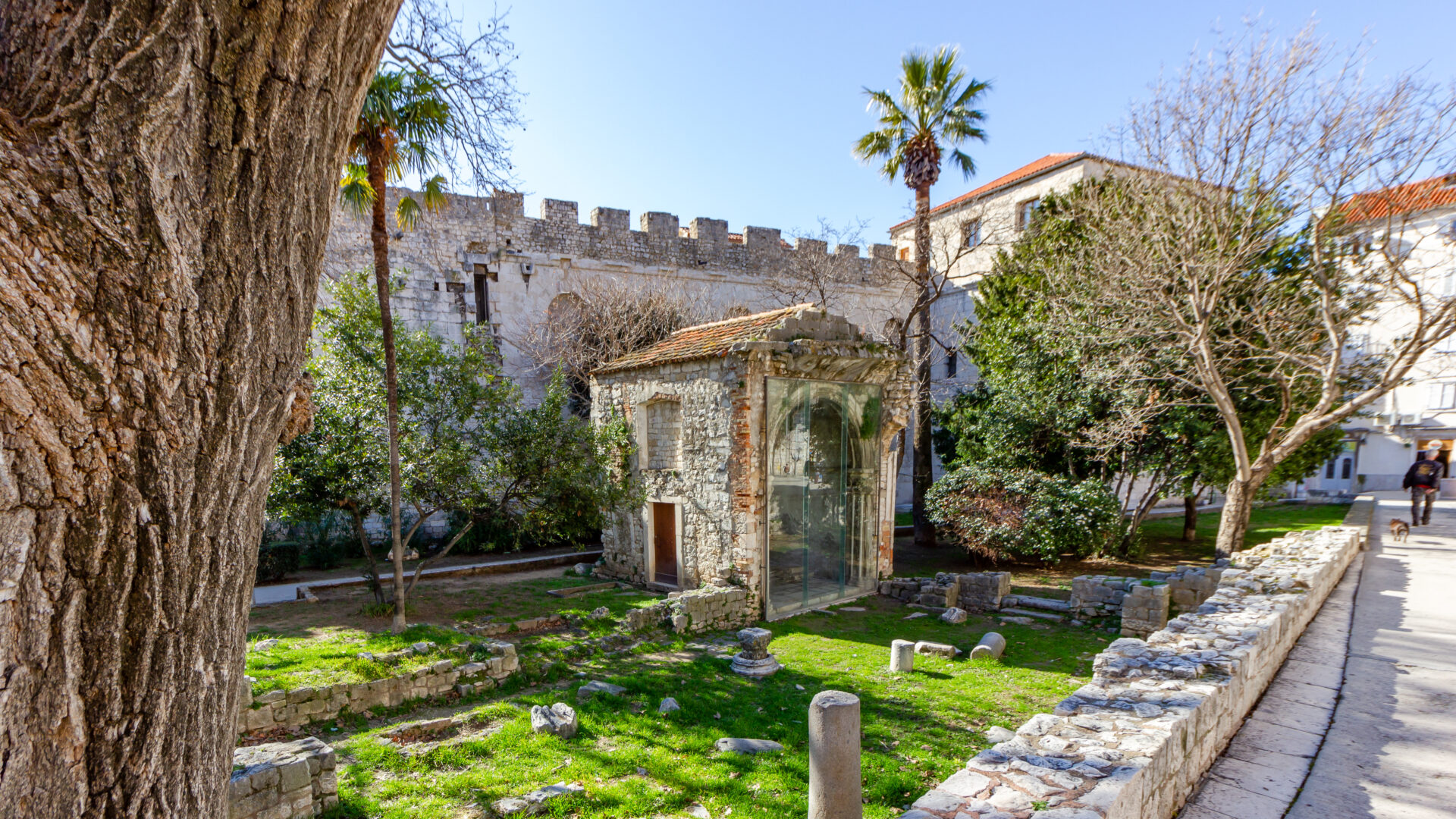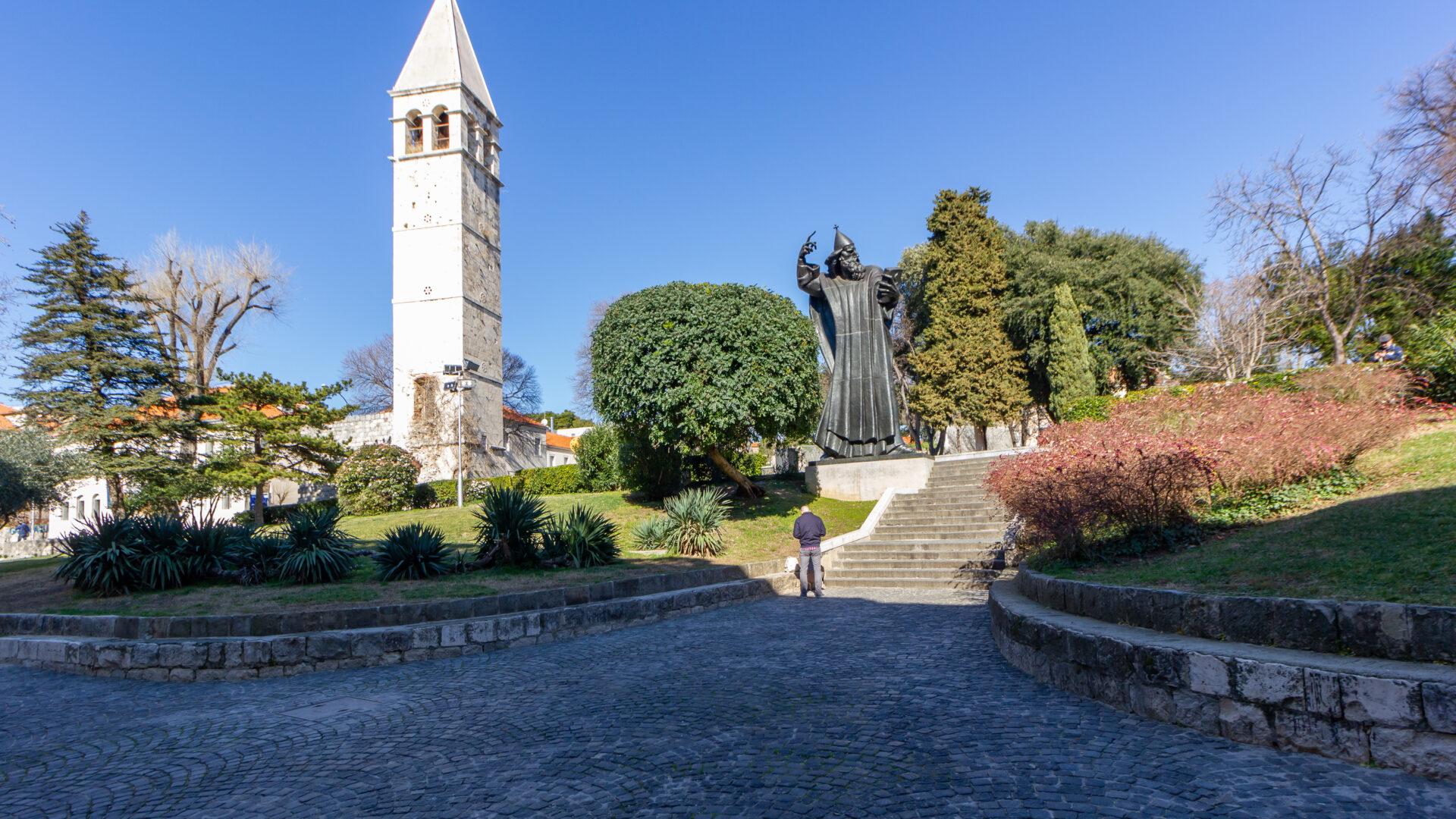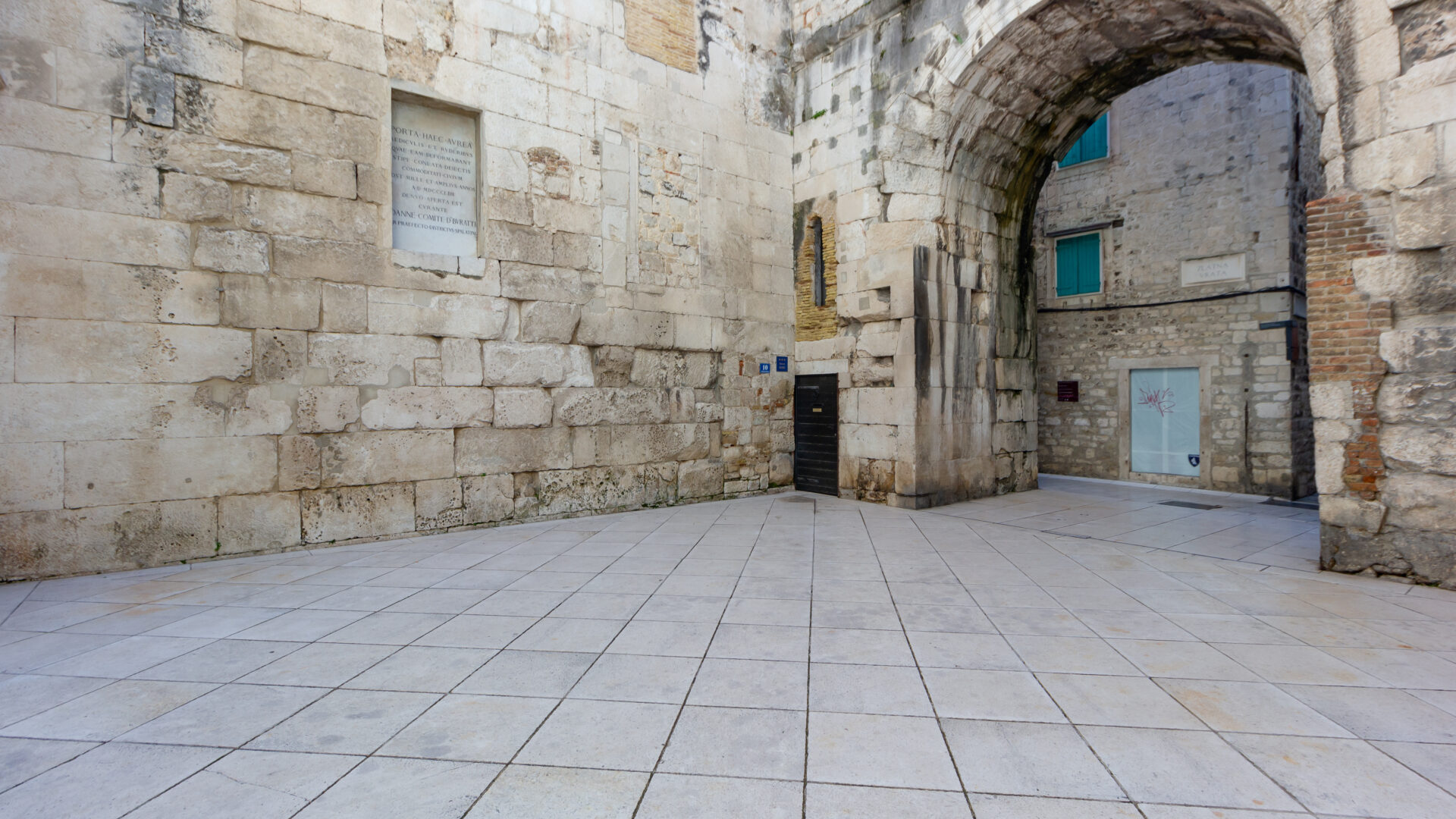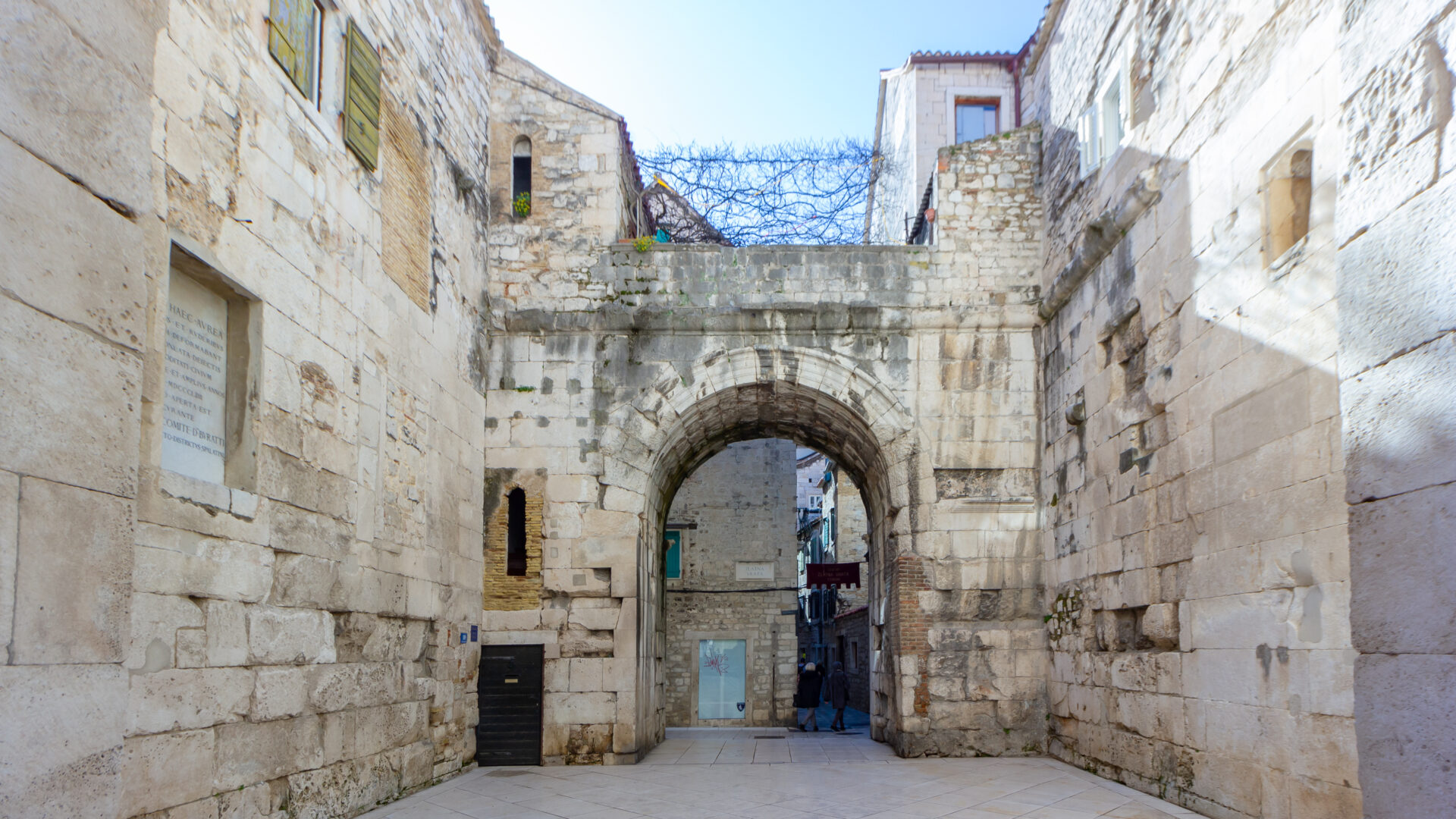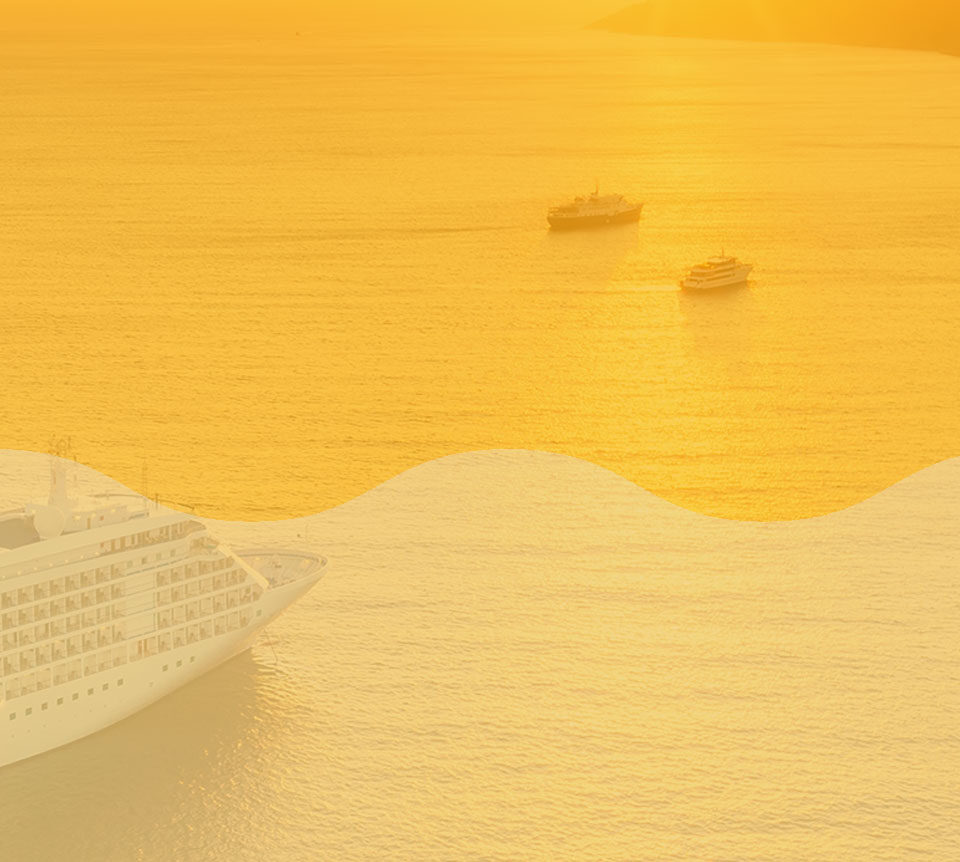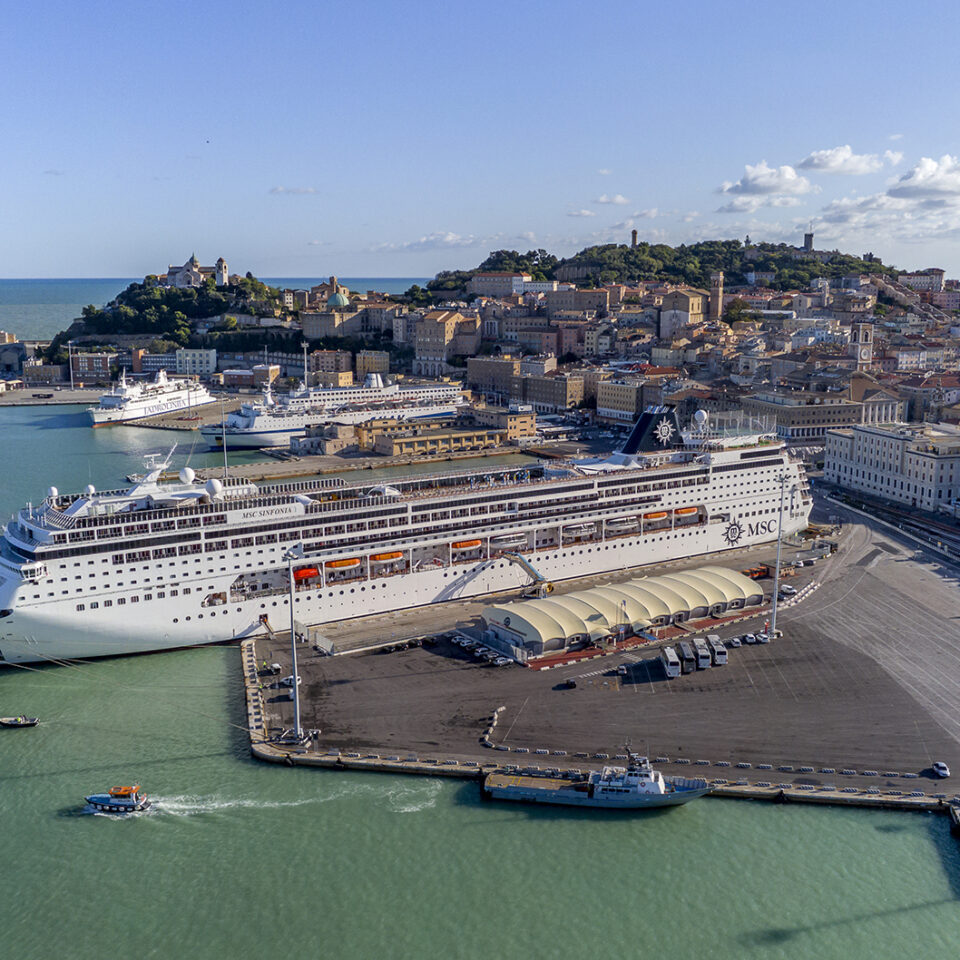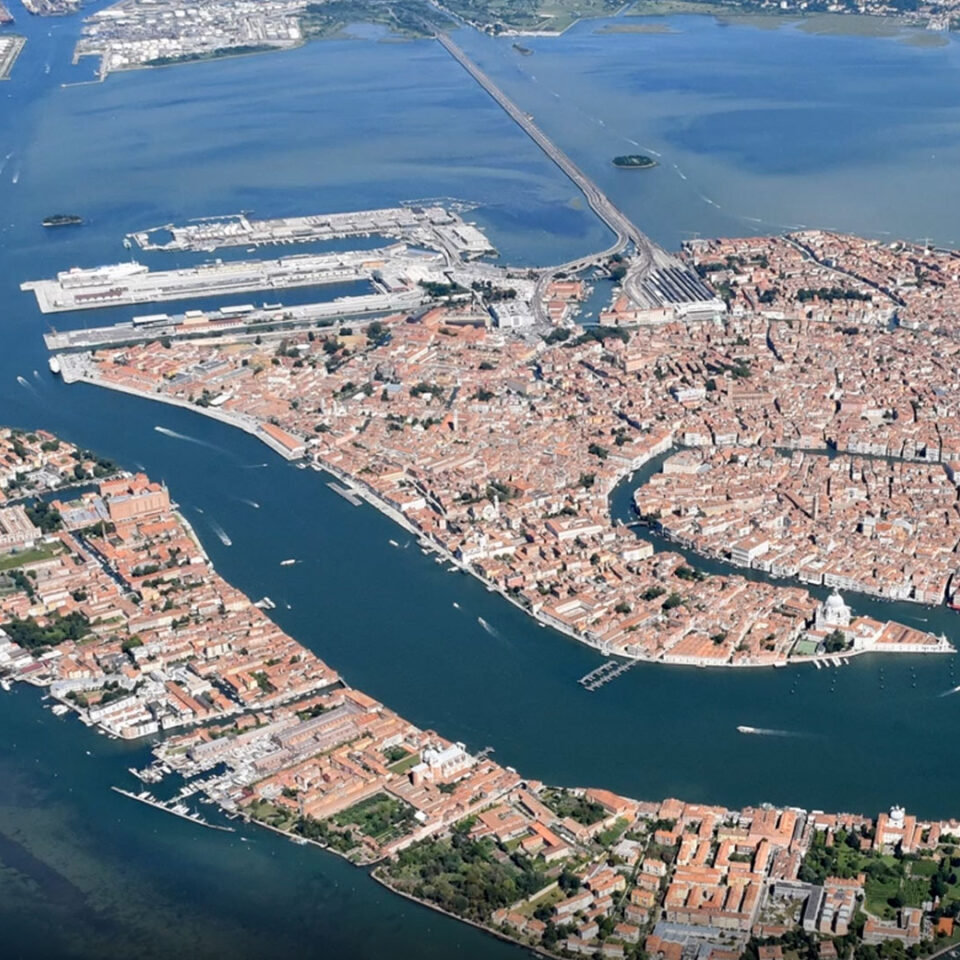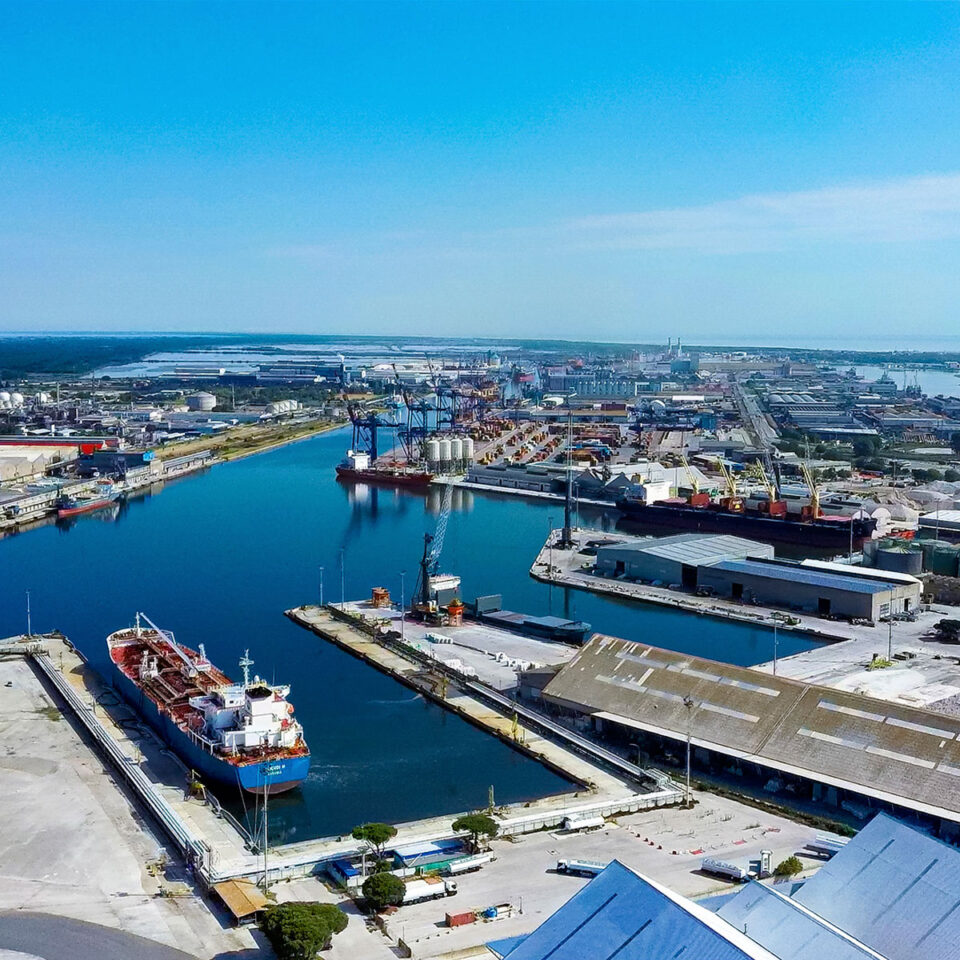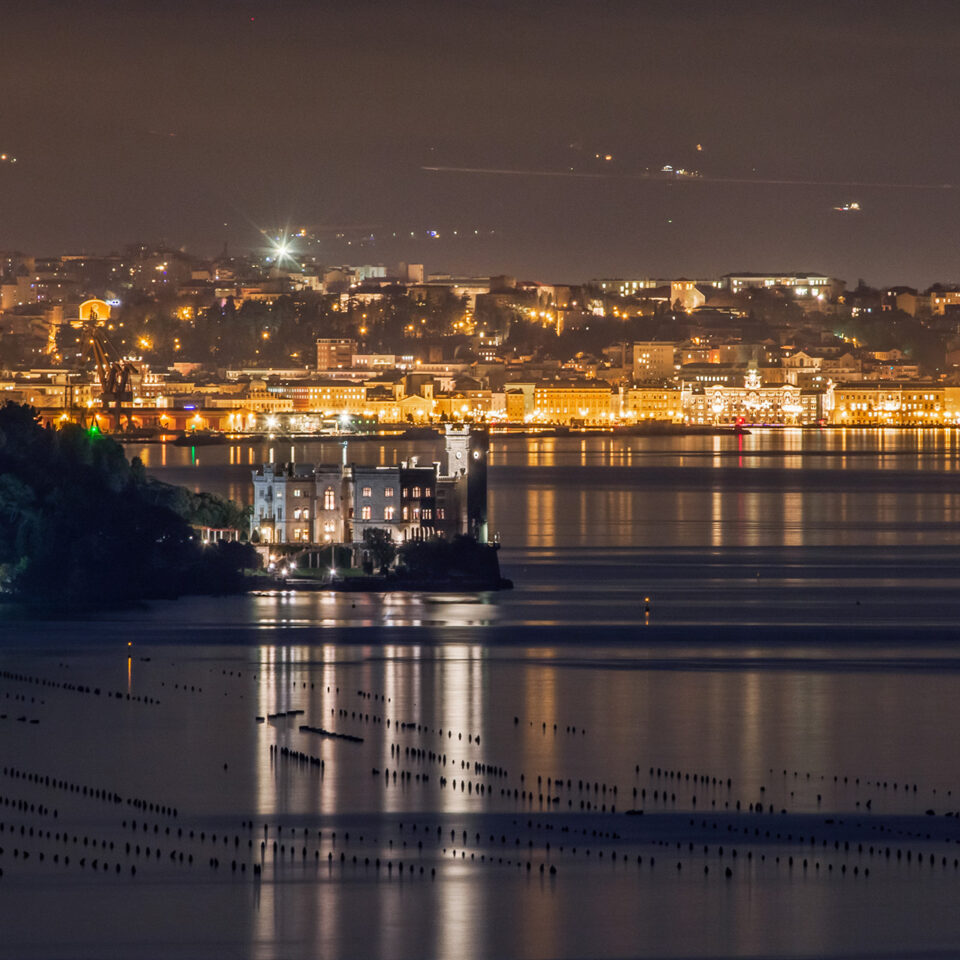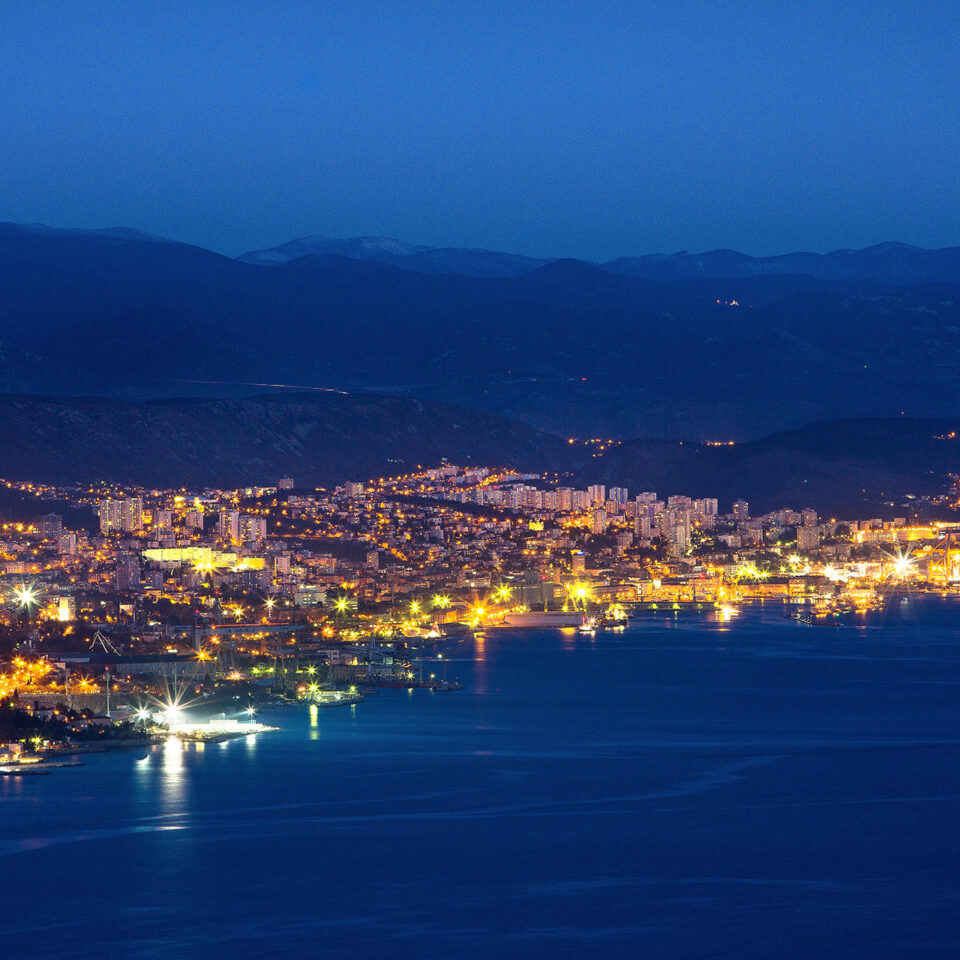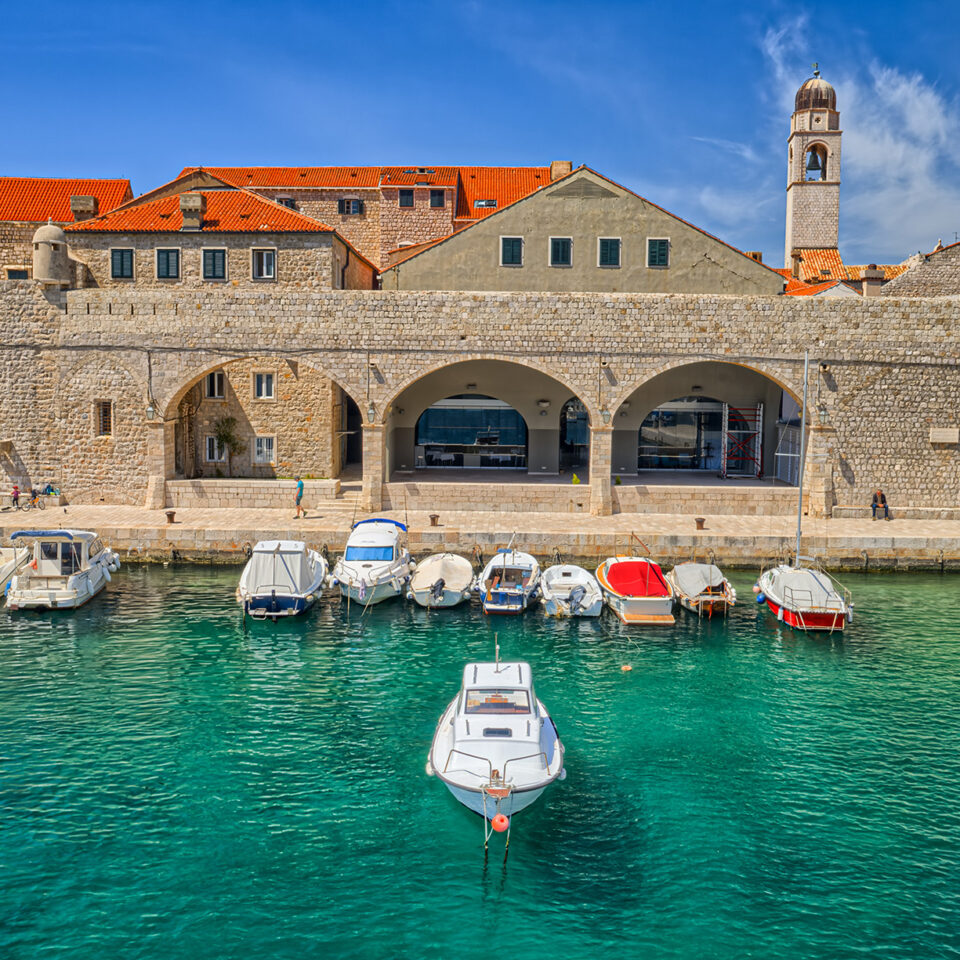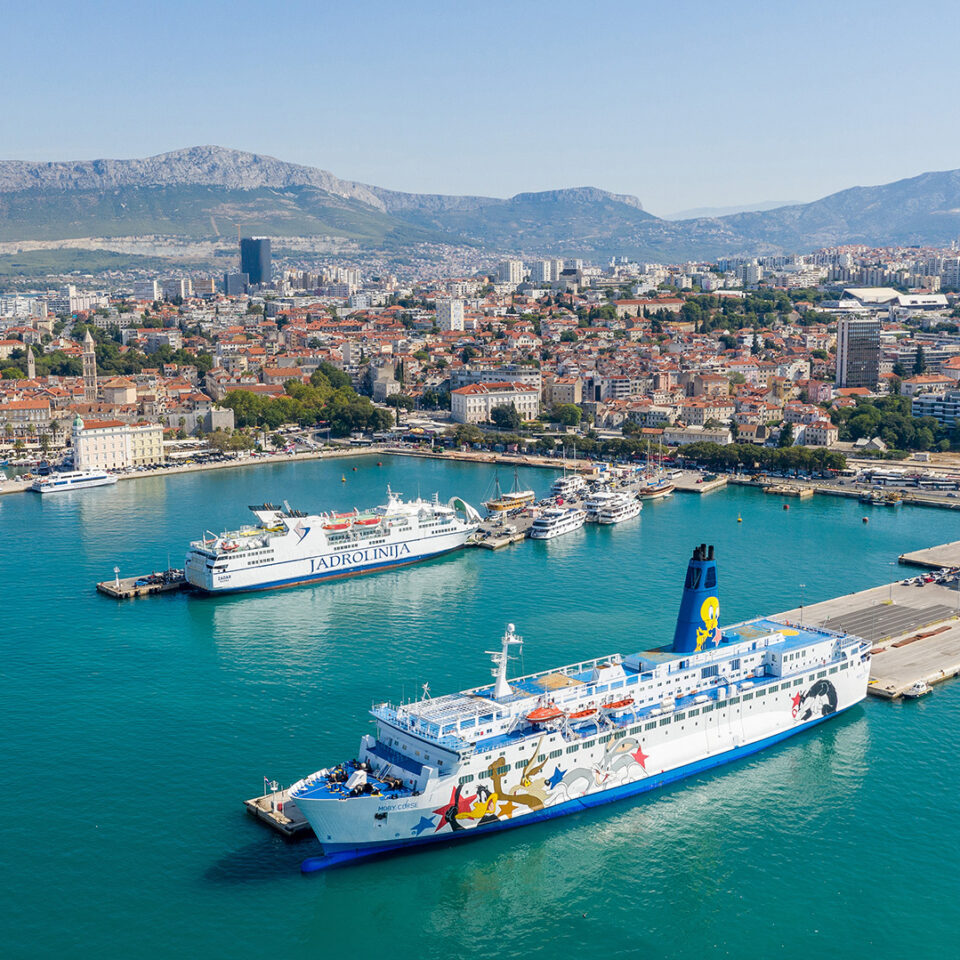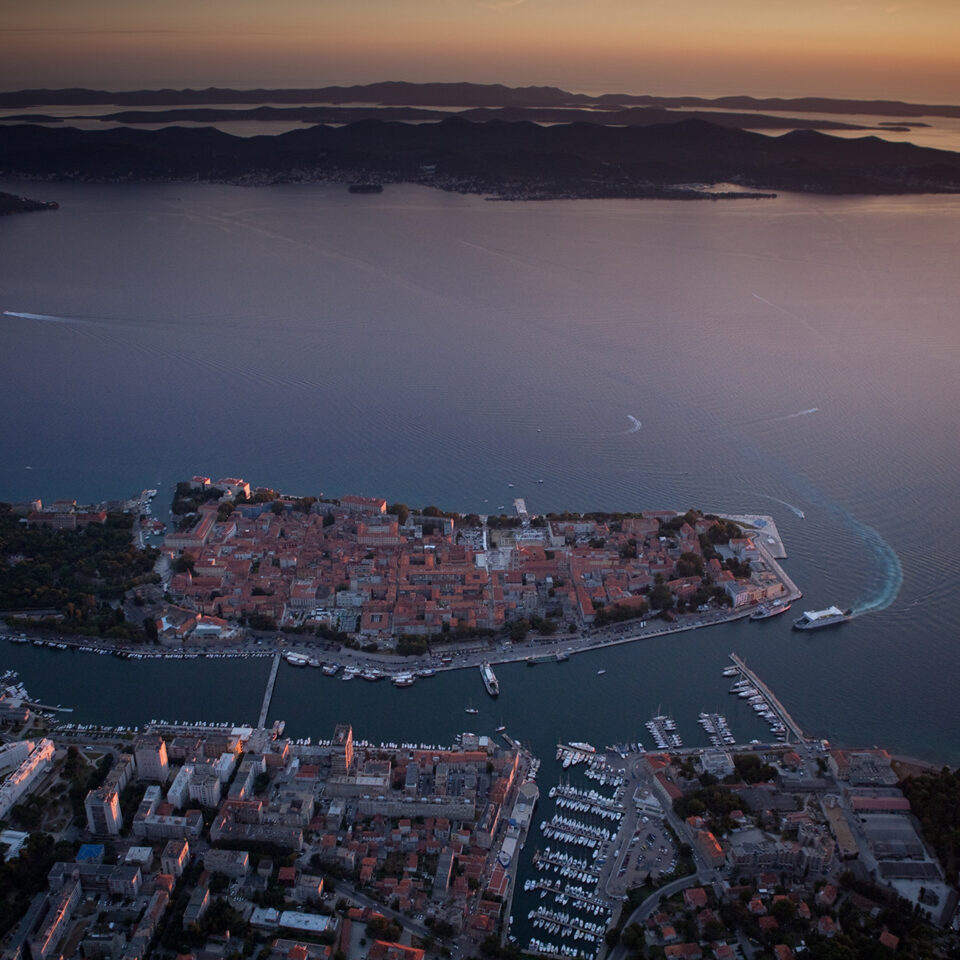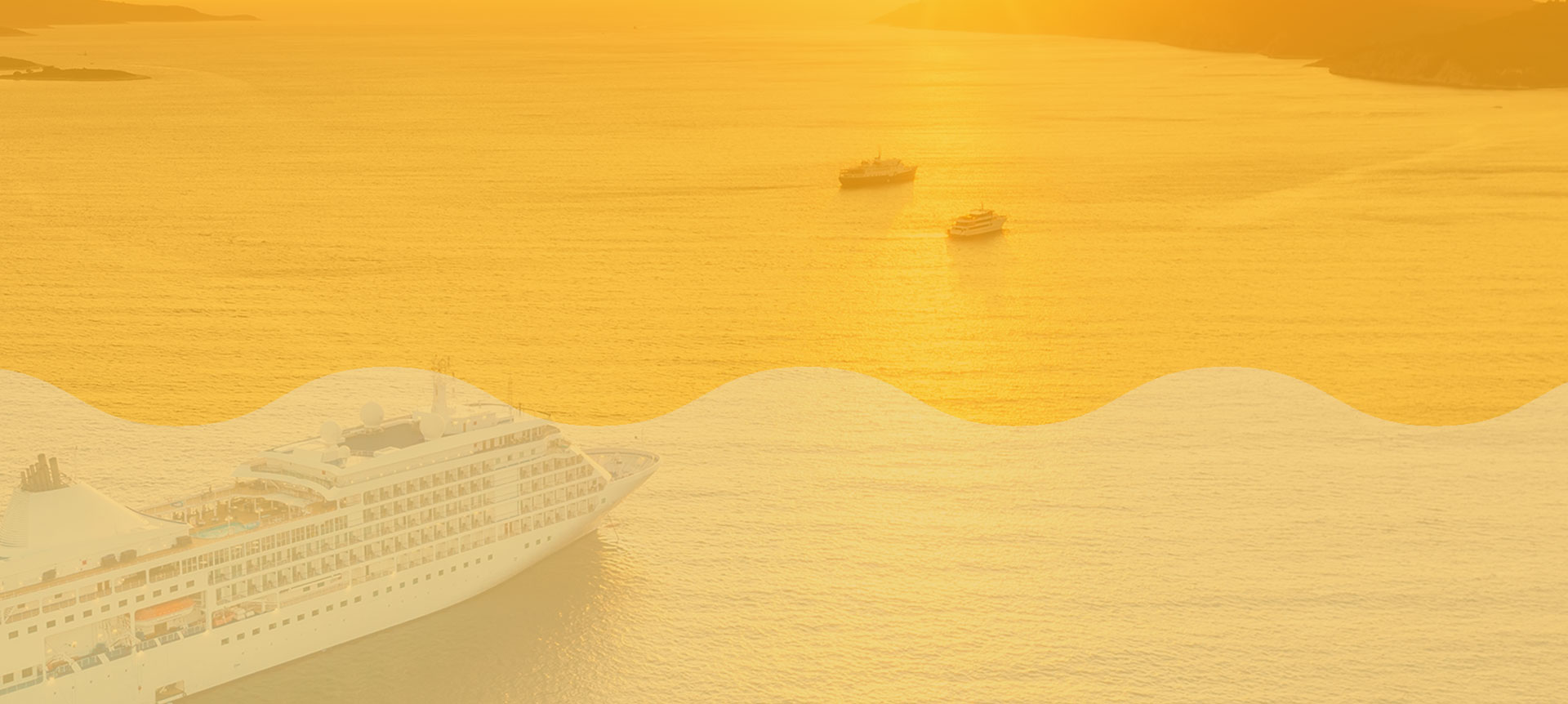

The Golden Gate
Porta septemtrionalis is their Roman name. Emperor Diocletian walked through them as he entered the Palace on the 1st of June 305. They were built in the shape of a rectangle, with double doors, as part of the defensive military tactics (propugnaculum).
The facade was decorated with niches containing figure sculptures of the four tetrarchs (Diocletian, Maximian, Galerius and Constantius Chlorus). These doors, starting from Peristyle, and then through Cardo street, led directly towards Salona as the capital city of the Roman Province Dalmatia, and could only be used by the emperor and the members of his family. Today they are, together with the nearby monument to the Bishop Gregius of Nin (Grgur Ninski), the work of a great Croatian sculptor Ivan Meštrović, one of the favourite Split tourist spots.
Under the influence of Venice, in the 16th century, the gates change their name to Porta Aurea or Golden Gates, and this name stayed with them to this day.

